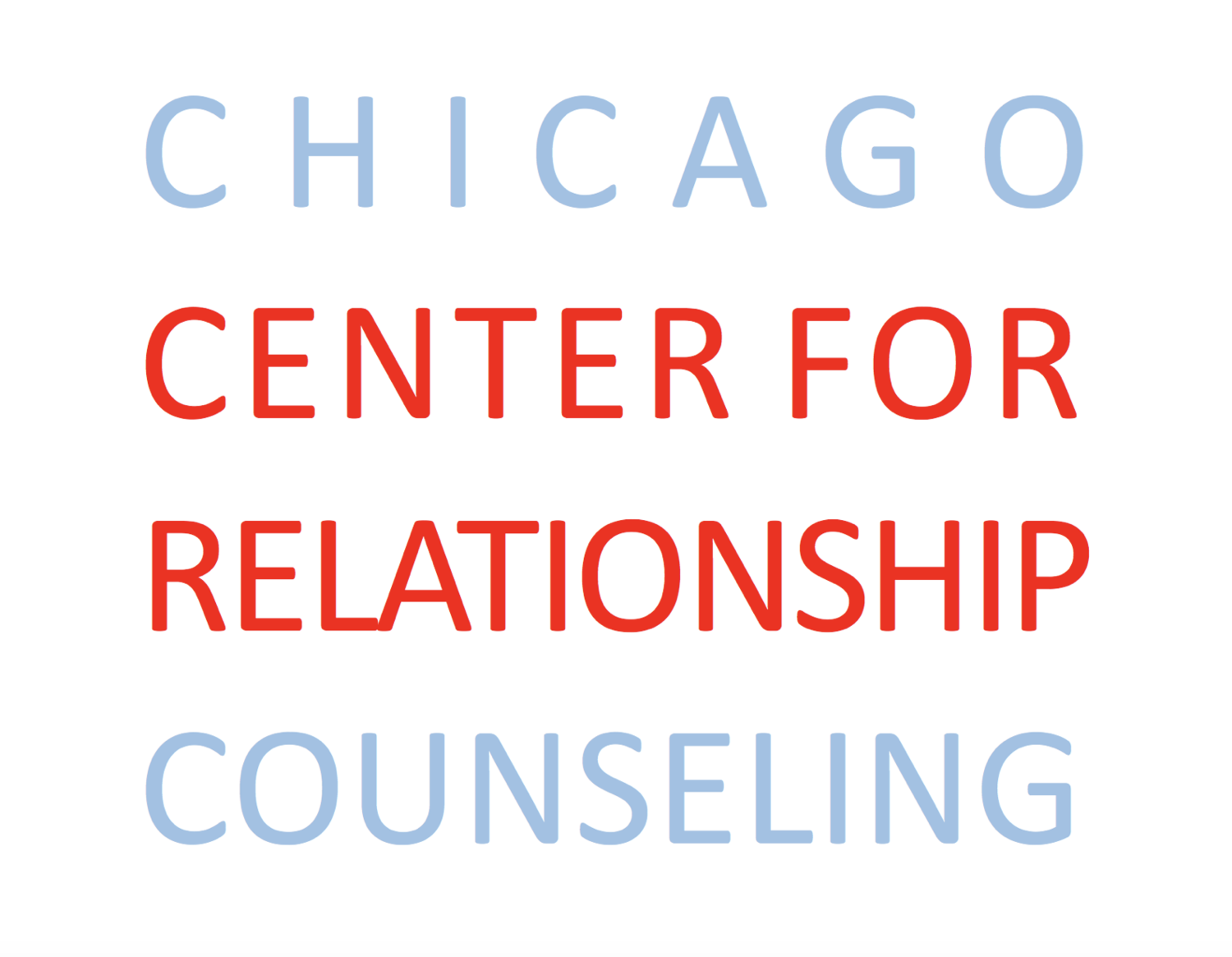What’s Love, Anyway?
Love. It consumes us. We are driven to seek it, to give it, to create countless art forms in an attempt to capture and understand it. For something that is so core to our experience as human beings, we are remarkably confused by it. We lack a common understanding of what it means to love. How many times have you seen someone stay in a harmful relationship because they insist that they love each other? Maybe you’ve said this yourself, forging ahead with a partner who repeatedly hurts you or is even abusive towards you. How many times have you seen a parent mistreat their child and justify their actions because it is “out of love?” Maybe you’ve used claims of love to rationalize or ameliorate your own damaging behavior towards another. Most of us are not taught about love in a coherent or meaningful way, we intuit its meaning based on our instinctual drive to connect, what is demonstrated in our families, and what is portrayed in the media we consume. With this shaky and wildly variable education, it’s no wonder so many of us end up questioning, lost, heartbroken.
Author bell hooks offers us guidance in her book All About Love. She pierces through the mess and illuminates a universal definition of love: “the will to extend one’s self for the purpose of nurturing one’s own or another’s spiritual growth” (she borrows this part from psychiatrist M. Scott Peck), adding that “to truly love we must learn to mix various ingredients–care, affection, recognition, respect, commitment, and trust, as well as honest and open communication.” This definition emphasizes love as a verb, as something that we choose to do, rather than as something that happens to us if we’re lucky, or something that automatically exists if we happen to be related to someone. By using this lens we can see proclamations of love as a responsibility; we are accountable to align our actions with our words. She clarifies that “spiritual growth” need not be related to religious beliefs, rather it references the idea that within every human being is a life force, a soul, that thrives when in loving relationships with other human beings.
Inherent in this definition is that genuine love cannot coexist with cruelty, abuse, or neglect (and by further extension, oppression). Relationships can have some of the named ingredients, such as care or affection, but the presence of cruelty, abuse, or neglect violate the core tenets of what it means to love. This can lead to a great deal of discomfort for those of us who grew up in families where mistreatment was invoked in the name of love (e.g. a parent enacting physical or verbal abuse against a child “for their own good,” or claiming love while being absent or neglectful). Through this, many people have learned and convinced themselves that mistreatment can be a part of love, which translates into acceptance or enactment of this mistreatment as a part of how adults “love” one another and their own children. We comfort ourselves, justify mistreatment from others, or rationalize our own harmful behavior by shrouding the underlying pain in the name of love.
The point is not to judge or shame, for faced with this definition I myself must also question which relationships in my life have followed this recipe, which are truly loving. The point is to invite curiosity, about what your relationships and your life might look like, were love by hook’s definition to be chosen and cultivated. This extends to the love you give to yourself, the love you give and receive in relationships (romantic, familial, platonic), and the love that is exchanged and advocated for in our communities and political systems. I am willing to imagine that I am not the only one who might feel overwhelmed by the idea of striving to enact this definition of love. Rather than viewing “care, affection, recognition, respect, commitment, and trust, as well as honest and open communication” as actions and states that must be permanently and perfectly attained, try to see them as a roadmap to a new approach. Consider which of these feel most attainable for you, and which of them might feel more challenging to give or receive. Allow yourself compassion for the ones that feel hard, and extra compassion if all of them do (you are not alone). It is no wonder we wind up heartbroken or lonely, when no one clearly tells us what we’re looking for in the first place.
This definition frames love as a choice, an action that we decide to take from a place of our own willingness. This offers relief from passive and disempowering expectations that we “fall” in love, or that love must be present between people who are related to each other regardless of the true nature of their relationship. Agency is in your hands. This need not mean we jettison relationships that are lacking one or more of hook’s ingredients, but it serves as a starting point from which to have a conversation with a partner, family member, or friend, or from which to do some self-reflection. What is the current state of love in your relationship(s)? What love do you seek and allow yourself to receive? What will you choose to do to love?
——-
Hooks, B. (2001). All about love: New visions. William Morrow, an imprint of HarperCollins Publishers.


